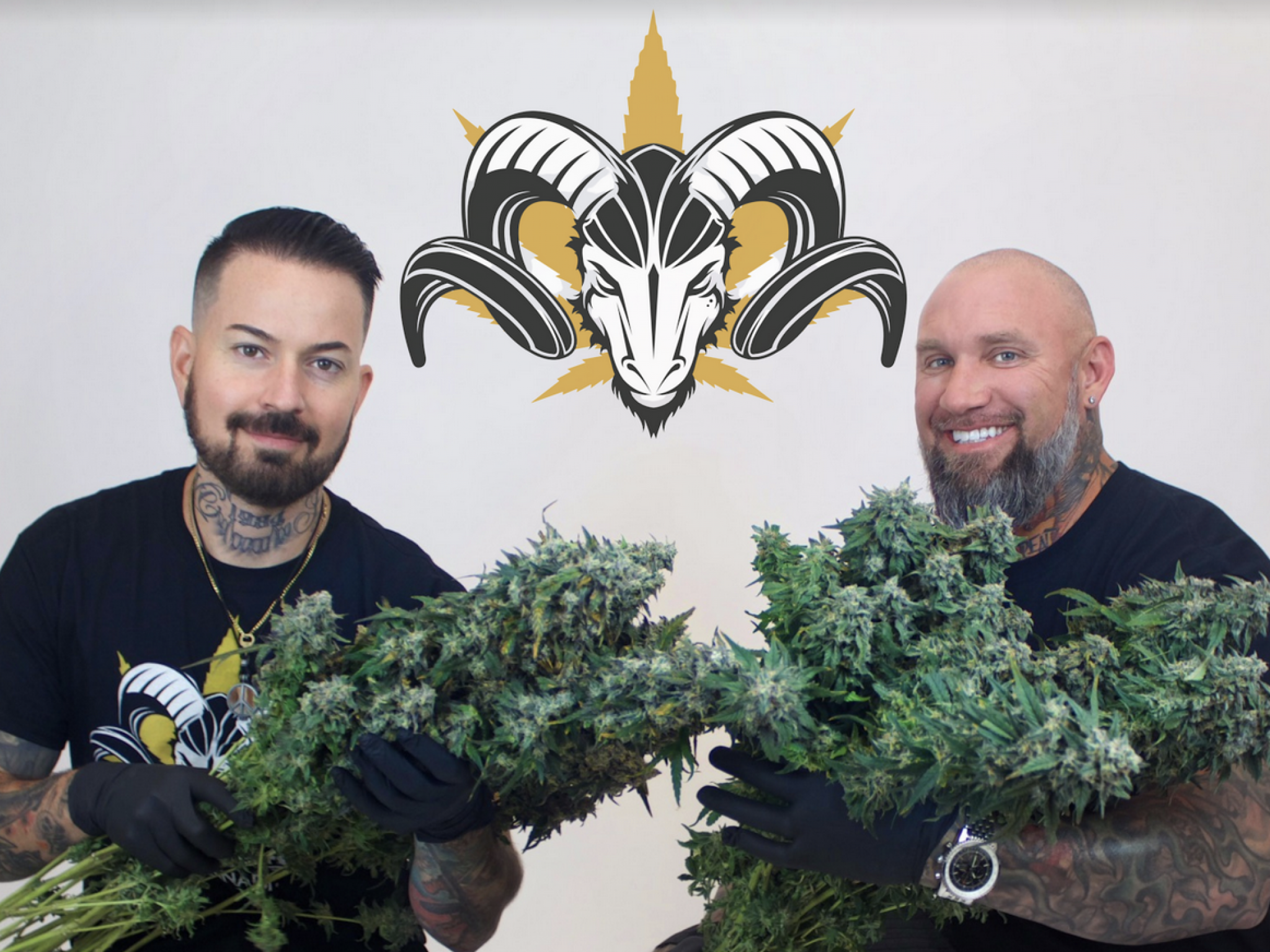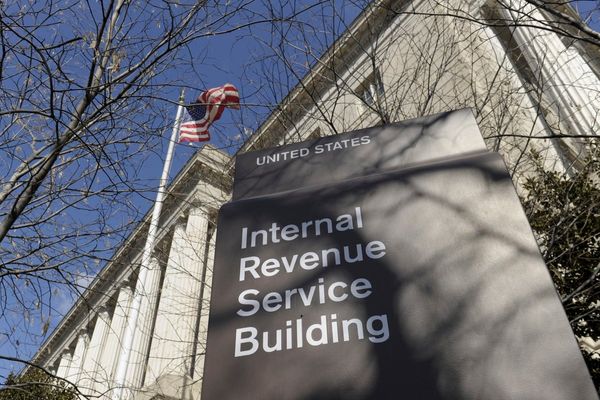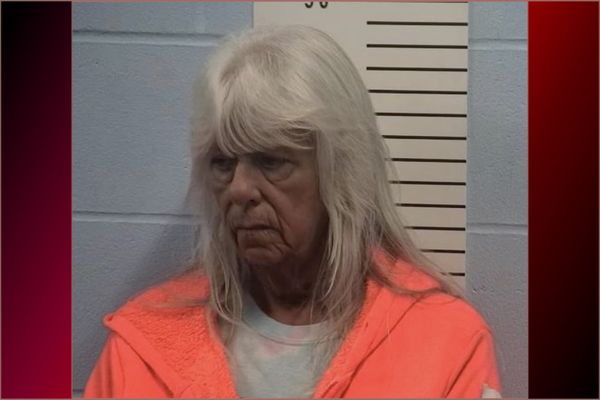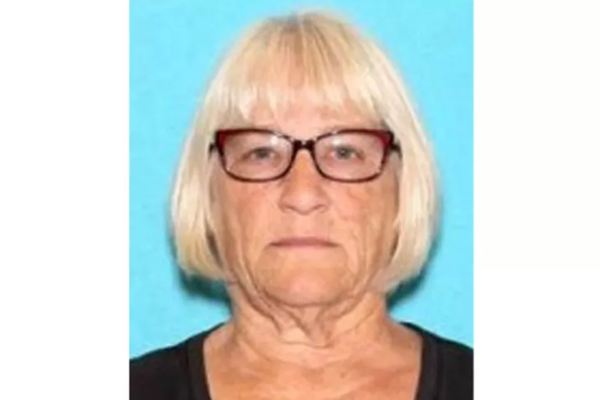
“It’s a love-hate relationship. Any grower can relate to that,” says Jorel Decker, founder of the successful nu-metal group Hollywood Undead when asked about cannabis. “Sometimes you can't sleep at night because you're not sure if you closed a valve on your irrigation and you're worried about a flood.”
As one can induce, Jorel has been a dedicated cannabis grower for years. When he started back in 2013 there wasn’t much information about growing and people were not willing to share information or show off their grow operations and techniques.
“That happened with my close friends as well. It was a very dog-eat-dog industry. It is still like that but it was crazy back then, there was a lot of trial and error with nobody to rely on but yourself,” he says. “I probably should have quit so many times over the years because of the grief it brought me. It became an unhealthy obsession and consumed my thoughts 24/7.”
However, Jorel did not quit. Instead, he turned the obsession into a business: Ramshead Cannabis.
“I've wanted to launch a cannabis brand since I started growing almost 10 years ago. Every time I got close, everything would fall apart. It's been such a rough journey and I'm surprised that I am still in the game,” he confesses. After working with so many partners and operating facilities in different places – one of them even burned down - he finally reached the legal licensing process, “a whole other problem in itself.”
“The system isn't designed for success,” he asserts.
After facing an almost unmanageable tax structure and political meandering in California, Jorel decided to test his luck in an unexpected market, Oklahoma, where he set up an eco-friendly operation, which is mindful of the people, plants and animals that surround it. “The only hope of making money in the legal market in California is to go extremely large and have extremely deep pockets,” he explains.
A Fresh Start
Oklahoma proved to be a fresh start and more of a level playing field for the artist and grower. “I'm pretty sure in California you need $2 or $3 million just to enter the legal market as a grower. A license can cost $1 million, then the build out could easily be $1 million or more, then add operating costs for 6 months. That wasn’t feasible for me. I never thought I would leave L.A. but I'm enjoying Oklahoma a lot now,” he says.
Oklahoma’s laws are quite different from California’s. There is no cap on the number of licenses that can be obtained, no canopy size cap, no square foot cap. This dynamic is what helped Jorel create what he calls the “Gold Rush effect.” Everyone picked up shop and moved to Oklahoma. For him the cannabis industry is now “the closest thing to the Gold Rush in 1848.”
“We tried everything to be legal in California and it was never enough money to pass the finish line. When we came to Oklahoma, we got a fresh start, but it is still cannabis and we have hit plenty of roadblocks along the way. We have persevered and are beginning to see a profit. I love it so much out here that I moved to Oklahoma permanently,” he says.”
“As states go to legal and open medical programs, it's a level playing field and everyone has aspirations to get rich. Each state creates its own laws and regulations.”
Legality not only changed cannabis as an industry, but also as a community.
“There are guys on Instagram that post their secrets and grow methods, companies that offer free guidelines and info, all sorts of technology and sensors for your grow room that can be controlled from your phone. When I started in 2013 you had to figure it out yourself and every mistake you made had to wait until your next run to correct that mistake, just to make another one. There was so much heartache learning.”
Cannabis Culture
Popular imagination has often connected cannabis with hip-hop and reggae. With metal, not so much.
However, Jorel assures, the metal culture is equally into weed. All you need to do is go to a concert and take a deep breath. The pot odor will be easily distinguishable.
“I've smoked with some very famous metal bands. One of the coolest T-shirts ever made is the Pantera shirt with a weed leaf on it. Metal probably just needs some new bad boys like Pantera to bring it back,” Jorel says.
Nonetheless, the metal scene is frequently associated with drinking. Sometimes, unfairly.
“Let's be real here, every bad decision I've ever made is when I was drunk. As a touring musician drinking is part of the lifestyle,” he says, when prompted about cannabis as an alternative to alcohol.
In fact, Jorel is currently on tour and decided to stop drinking “because it's so taxing on your body when you're drinking every night.” To illustrate, he brings up a recent experience he had in Michigan, where adult-use cannabis is legal. “I went to a dispensary and got vape pens and edible gummies. I've actually been having more fun smoking and relaxing, over drinking.”
The herb is also important to Jorel’s creative process. “When I'm looking for inspiration and listening to other music, I like to smoke because it unlocks my brain. The same song I may have heard a dozen times sounds different and better. I hear parts in the music that I hadn't noticed before. It helps me relax when I'm wound up.”
Pot also affects his personal relationships: “My girl… when she's stoned, she thinks my jokes are funny.”
Building A Better Future
For Jorel, maintaining cannabis illegal on the federal level is “fighting the inevitable.” It’s a matter of when, not if.
“I think too much money is being made by locking people up though,” he adds. “The government keeps getting it wrong with the taxes and laws. It's the most heavily taxed industry. All that does is feed the black market and that's what they're trying to eliminate. I am not hating on the black market though, it's how this industry started.”
So, how can we fix or at least address some of these issues derived from years of a racially-motivated War on Drugs?
“I wish I had a better answer for this,” he responds, honestly. “I just know private prisons are a huge money maker. It is basically slave labor…prisoners end up working for pennies basically. People should boycott companies that use prison labor for their company. It's a lot more than you think when you look it up. I also have mixed feelings on the prisoner trade being discussed with Russia. If they're going to trade a Russian war criminal for Americans locked up in Russia over weed, they should release all prisoners in America locked up for weed.”







